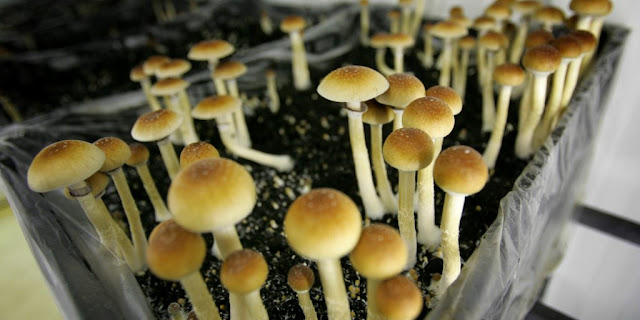Many of us are guilty of the old defeatist rationalization: "I don't know who I am, but I do know that I was the same yesterday as I am today and undoubtedly will be tomorrow. The more I think I've changed, the more I stay the same...warts, wrinkles and all."
Really, in retrospect, why do we put ourselves through the futility of such an exercise? Lets take a closer look.
The question of "who am I" suggests that there is actually a plausible answer, almost as if one's being was a fixed thing. The irony is that the more you seek to identify who you are, the more fragile you are likely to feel about yourself. There may be an inverse correlation between the question being asked and the ease with which you experience your life. A wise individual may suggest that the emphasis should not be on discovering who you are (what is buried beneath) but on facilitating the emergence of what you'd like to experience.
Rationally, our identity should be seen as an ongoing process. Rather than a static snapshot, we should embrace a flowing sense of self, whereby we are perpetually re-framing, re-organizing, re-thinking and re-considering ourselves. How different would life be if rather than asking who am I?, we contemplated how we'd like to engage life?
Common sense tells me that as we engage the deepening complexity of understanding ourselves, we fare much better if we devote thinking to the unfolding process of life. Witnessing our thoughts, not reacting out of old habit, and becoming present enables us to better craft our lives, or what is left of it. As such, the identity that we seek fires the wave of life, enriched by the flow.
At the other end of the identity continuum are those who claim to know themselves very well. This other extreme also signifies a fragility about one's identity. To know yourself so well leaves no room for growth. Even more, it suggests a deep vulnerability that is being defended against, as if it were too dangerous to take a closer look.
It is perfectly reasonable to seek a deeper sense of self. To become intimately aware of your thoughts, feelings, hopes and fears is obviously advisable. The key, it seems to me, is to engage your sense of self as malleable, more like a willow tree than a sturdy oak. The willow is flexible and survives the storm as it bends with the wind, whereas the more rigid oak is the more likely it is to crack.
The universe purportedly exists in a state of flowing potential. And it is essential to understand that we are indeed part of that universe. The goal then is to access that potential, keeping the parts of our identity that continue to serve us well and shedding the old, habitual pieces that constrain us. This process is known as positive disintegration which permits us to find balance between the extremes previously discussed and enter into a relationship with self that commits to our personal evolution.
Positive disintegration was the brainchild of Kazimierz Dabrowski who emphasized the role of individuality and how important awareness and personality development are. Therefore, it is okay for everyone to be themselves; to have their own weirdness, to have made mistakes, to be unique, to enjoy the intensity of their experience and ability to be sensitive to the most subtle stimuli. The key is to follow what feels right.
From a personal standpoint, I don't think that I will ever truly have an answer to the complex question "who am I?" I just know that "I am", so why waist time dwelling on the "who" of it.
The me that I am is made up of many things, some of which are unique. No one else on God's green earth is like me and Dr. Seuss aside, that could be a good thing or a bad thing, depending on how you look at it. However, "God grant me the serenity to accept the things I cannot change, the courage to change the things I can, and the wisdom to know the difference." - Reinhold Niebuhr.
Come to think about it, not knowing who you are is like living in the body of a stranger who you keep meeting for the first time and, more often than not, being somewhat pleasantly surprised. I rather like that concept!
Working with each evolving "me" will be an on-going life-enhancing challenge, as long as it is met in a way that is in keeping with the me I want to be. Maybe you see it the same way too!





